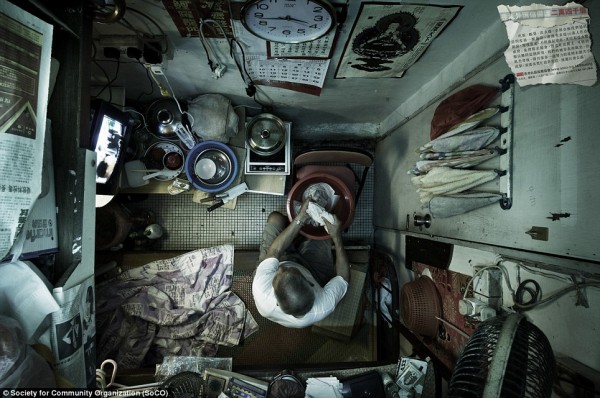Notes
About Those Callous Selfies
You’ve seen them before. You’ve seen them in war zones and funerals, even. More often than not, they result in disdain — or head scratching, at least — for the apparent soullessness and narcissism. This is just the latest I’ve seen. It appeared, in all it’s blasphemy, as the leadoff photo in The Atlantic “In Focus” Photos of the Week slideshow on Friday. Documenting the perceived insensitivity, the caption reads:
Tourists take a “selfie” as demonstrators burn a trash container during a May Day rally in Barcelona, Spain, on May 1, 2014. Tens of thousands of workers marked May Day in European cities with a mix of anger and gloom over austerity measures imposed by leaders trying to contain the eurozone’s intractable debt crisis.
How dare these tourists (ugly Americans, perhaps?) denigrate the anger and gloom of tens of thousands of European workers?
Well, I’m not prepared to say that this photo or its innumerable cousins have any moral implications at all. What is clear is that these types of photos need to be understood on two completely independent levels. The first involves what’s actually going on in the minds and bodies of the person or persons taking the photo — often reacting to some kind of social stress. The second is the effect of the image on us. These are two typically unrelated perceptual events that, unfortunately and all too often, get collapsed into one.
In fact, there is no way to know why these two people are taking this picture or why they are expressing themselves the way they are. Not only that but every image that we see as “a callous selfie” is likely constituted differently based on the level, meaning and type of stress in play in combination with emotional and personality differences. Consider the following: Have you ever felt discomforted enough by a social situation to make light of it or doing something silly? Far from unusual, the commonness of these situations provide the cultural material for our greatest comedy. Or, have you ever been in a social situation that was tense and confusing enough that you didn’t know what to do with yourself? In that situation, too, we have reactions (such as awkwardness, discomfort, even fear) which can quickly mobilize other reactions (hello, defense mechanisms!) including making light or attention seeking.
There is another behavioral element in the equation, however … involving the role of the camera.
Naturally, people equipped with these mobile devices are going to encounter situations that are serious and unnerving but not so extreme, perhaps, that it leads to fight, flight or triage. In those cases, it’s not unusual for someone to feel some degree of shock and disbelief that what’s happening is happening or they are where they are. In such a case, it is understandable that a person would reach for the camera to record, validate, objectify, take ownership. With that behavior in play, psychological reactions are invariably in the mix. For example, you can defend yourself by playing the situation down. Or, feeling vulnerable — but also realizing the “ego dilemma” of other people seeing the photo — one might respond by playing down the feeling of vulnerability itself. And then, suddenly experiencing yourself and your everyday life as much less significant, even the healthiest person might tend toward a little self-absorption. In this photo, by the way, perhaps the women are wearing faces of exaggerated surprise (woman left) or exaggerated concern (woman right) — fed reassuringly back to them by the screen — to take the edge off the real thing?
One can take these types of photos at face value and simply plug in the judgment that people are narcissistic and heartless. You can do that, but it also means dropping the psychology, the emotional complexity and the variability of behavior out the window.
(photo: Manu Fernandez/AP)



Reactions
Comments Powered by Disqus